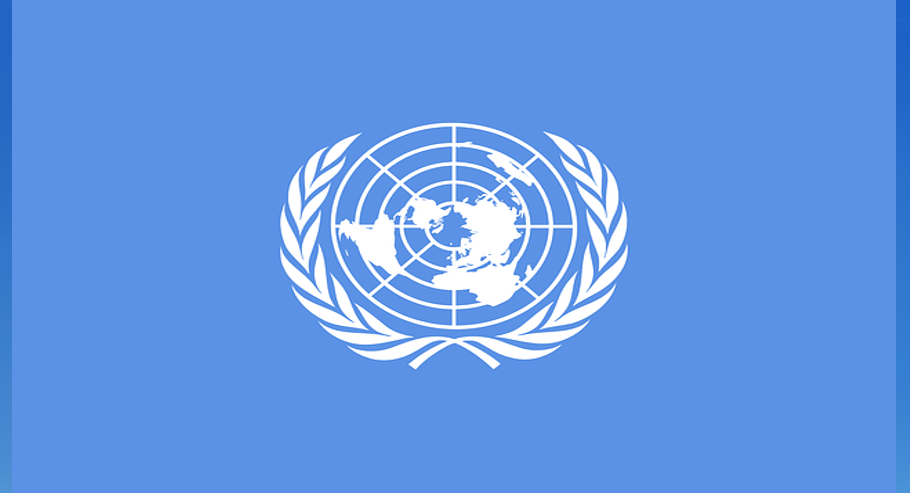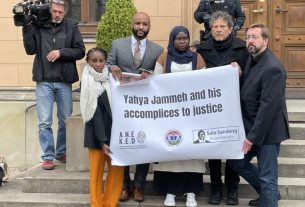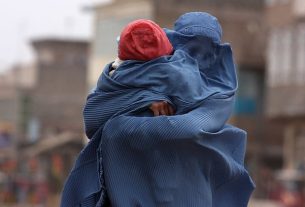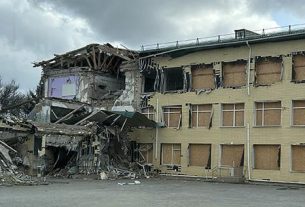Geneva | June, 2025 – Organized crime is a growing but under-recognized driver of forced displacement globally, responsible for displacing at least 1.2 million people in 2024 alone, according to a report delivered Tuesday by UN Special Rapporteur on the Human Rights of Internally Displaced Persons, Paula Gaviria Betancur, at the UN Human Rights Council in Geneva.
Gaviria warned of a “neglected humanitarian crisis” where armed criminal groups—through violence, extortion, trafficking, and territorial control—displace vulnerable populations, particularly in Central America, the Sahel, and Southeast Asia. Her findings emphasize how displacement caused by non-state criminal actors often goes unaddressed in both legal frameworks and humanitarian response strategies.
“Displacement in these contexts is inherently arbitrary under international standards,” said Gaviria. “It violates core protections against forced movement while creating cycles of confinement, exploitation, and impunity that obstruct durable solutions.”
Criminal Networks Exploiting State Weakness
The report notes that organized criminal actors often operate with the tacit approval or active collusion of state officials, exploiting weak institutions and corrupt governance structures. This exacerbates violations of rights to life, security, property, and due process for internally displaced persons (IDPs), many of whom remain trapped in exploitative conditions without legal protection.
Victims include those forcibly removed from their homes for refusing to cooperate with gangs or cartels, or communities fleeing extortion, abduction threats, and militarized turf wars. Gaviria stressed that such displacement should be treated as a violation of international human rights law and not merely a public safety or development issue.
Human Rights vs Humanitarian Law
The report raised concerns over states increasingly relying on militarized responses—often invoking international humanitarian law—to confront organized crime. Gaviria warned that this approach risks lowering legal protections for civilians and expanding the use of force in situations not classified as armed conflict.
While international humanitarian law permits a broader use of force, international human rights law offers stricter safeguards, particularly in non-war contexts. Gaviria urged governments to prioritize protection and justice mechanisms over military-style operations that may escalate displacement and violence.
Policy and Legal Recommendations
The Special Rapporteur outlined a series of legal and policy reforms, including:
- Criminalizing forced displacement by organized crime in domestic legislation.
- Establishing trauma-informed justice systems for victims of trafficking and displacement.
- Strengthening implementation of the Guiding Principles on Internal Displacement and the UN Convention against Transnational Organized Crime.
- Ensuring the non-punishment principle for trafficking victims coerced into criminal activity.
- Developing land registries and legal aid programs to resolve property disputes and prevent expropriation.
- Enhancing regional and cross-border cooperation to disrupt transnational criminal networks.
Human Rights Council Agenda
The findings will shape the 59th session of the UN Human Rights Council, running through July 11, where member states are expected to debate how to better address the legal and humanitarian consequences of organized crime-induced displacement.
Gaviria’s report underscores the urgent need for a coordinated global response that treats displacement caused by organized crime as a serious human rights violation—not merely a byproduct of criminality.



